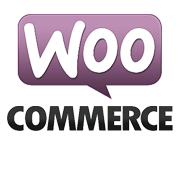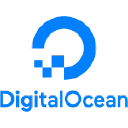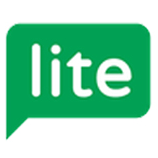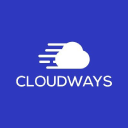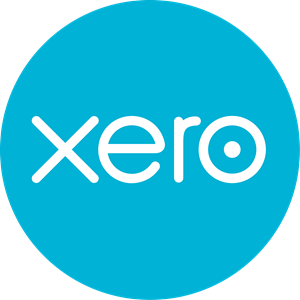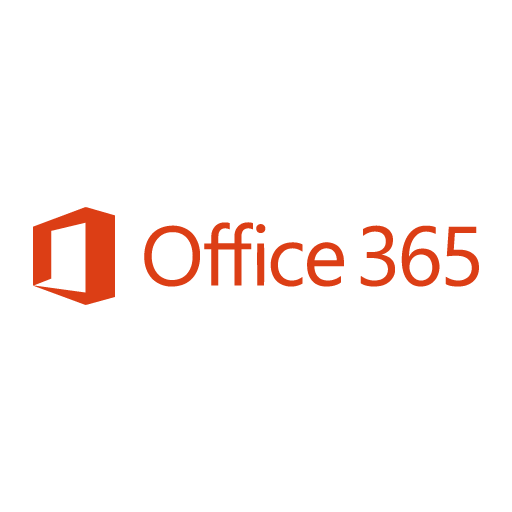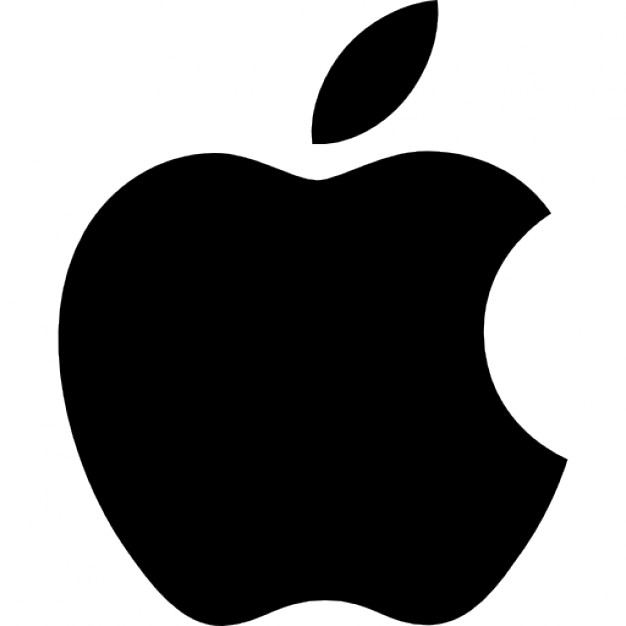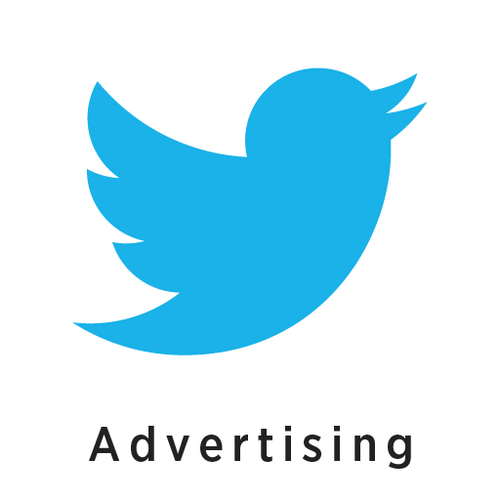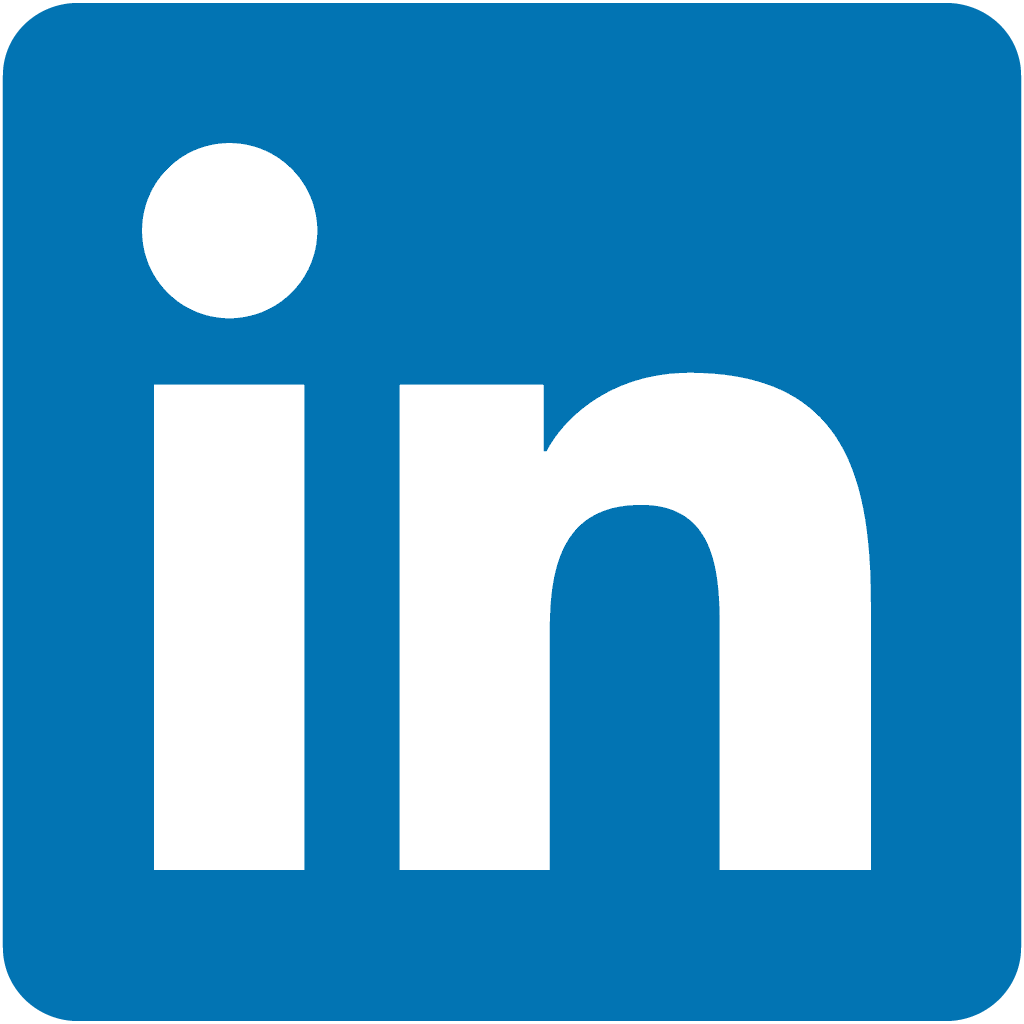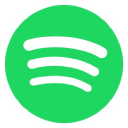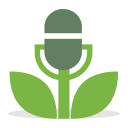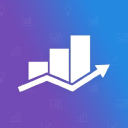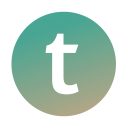We Make Personal Finance Content For Beginners And Are Generating $5.6K/Month
Hello! Who are you, and what business did you start?
Hello, my name is Sammie Ellard-King, and I’m the Founder of Up the Gains. I started the company in 2021 to demystify personal finance and empower people to take control of their wallets.
I realized there was a lack of quality information available that wasn’t packed full of jargon, and from here, the idea for ‘Up the Gains’ was born.
Our main hub is the website, and we provide over a million words of free content for people relating to investing, budgeting, saving, and making money. It’s the full spectrum of personal finance aimed at the beginner, so we can guide them when it comes to something they don’t understand or need help with their finances.


Download the report and join our email newsletter packed with business ideas and money-making opportunities, backed by real-life case studies.

Download the report and join our email newsletter packed with business ideas and money-making opportunities, backed by real-life case studies.

Download the report and join our email newsletter packed with business ideas and money-making opportunities, backed by real-life case studies.

Download the report and join our email newsletter packed with business ideas and money-making opportunities, backed by real-life case studies.

Download the report and join our email newsletter packed with business ideas and money-making opportunities, backed by real-life case studies.

Download the report and join our email newsletter packed with business ideas and money-making opportunities, backed by real-life case studies.

Download the report and join our email newsletter packed with business ideas and money-making opportunities, backed by real-life case studies.

Download the report and join our email newsletter packed with business ideas and money-making opportunities, backed by real-life case studies.

